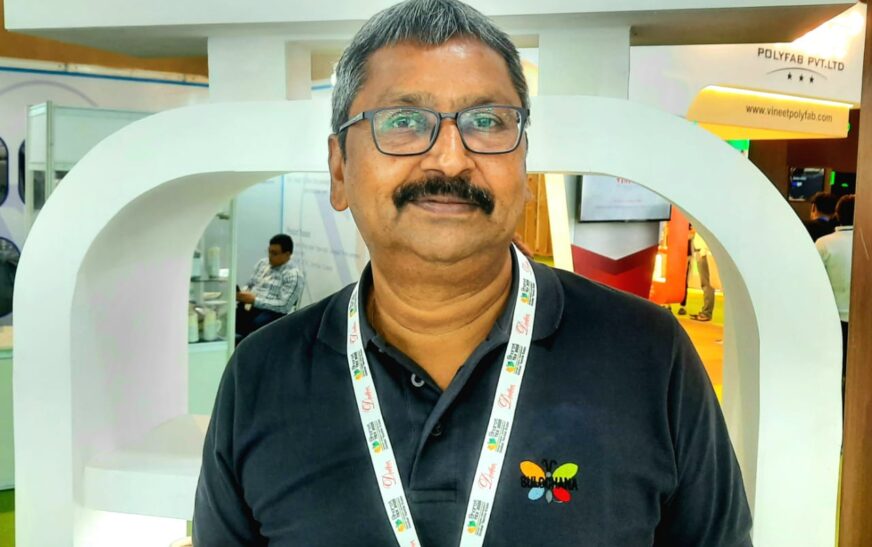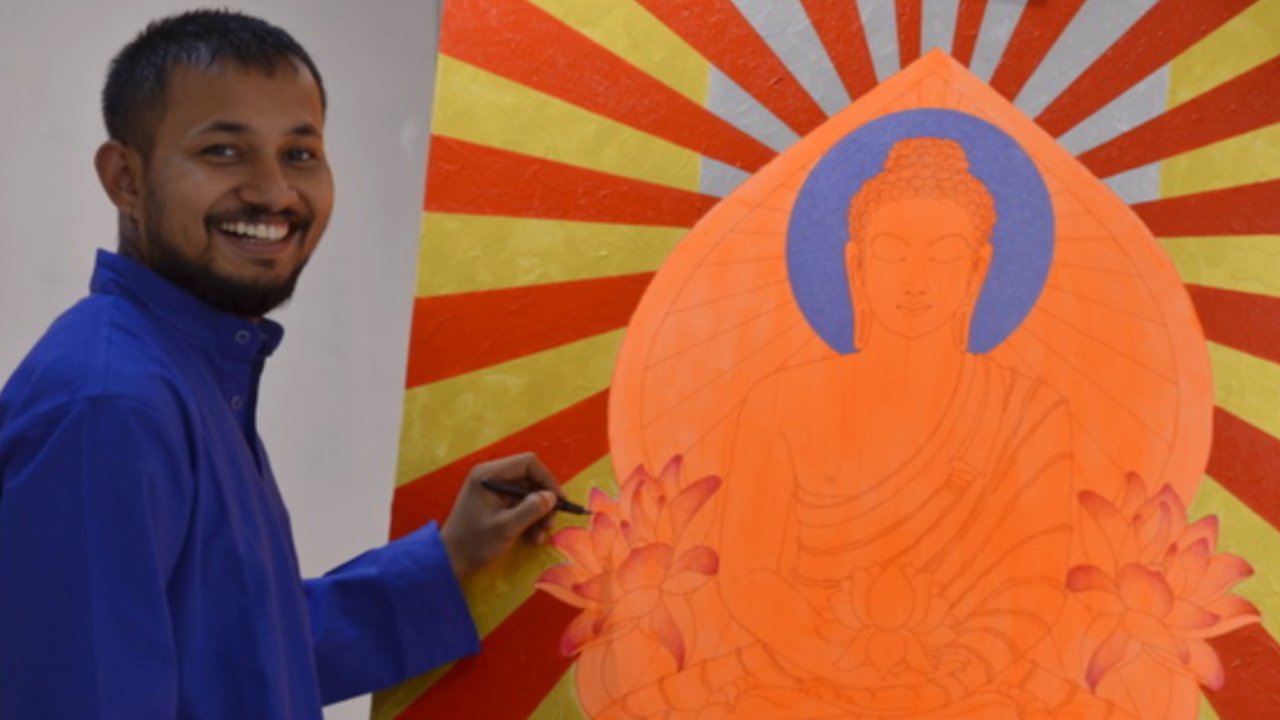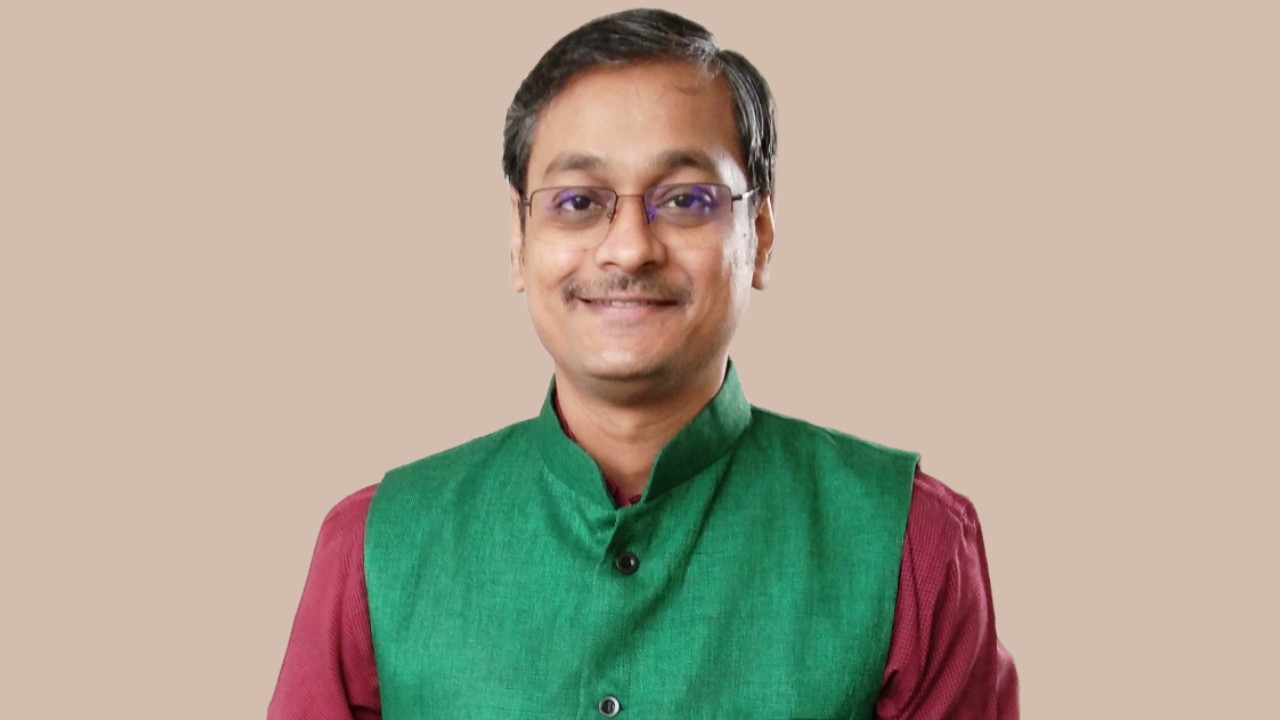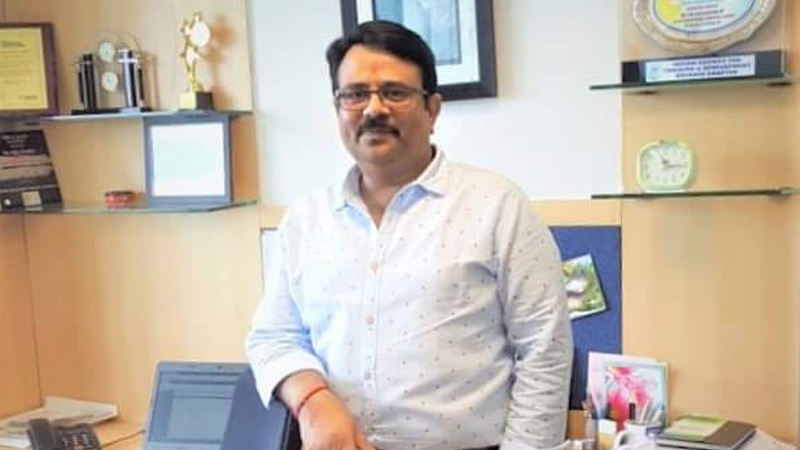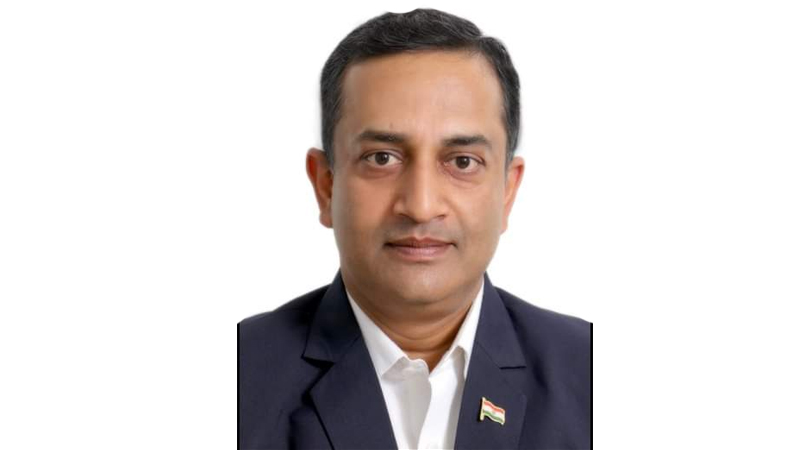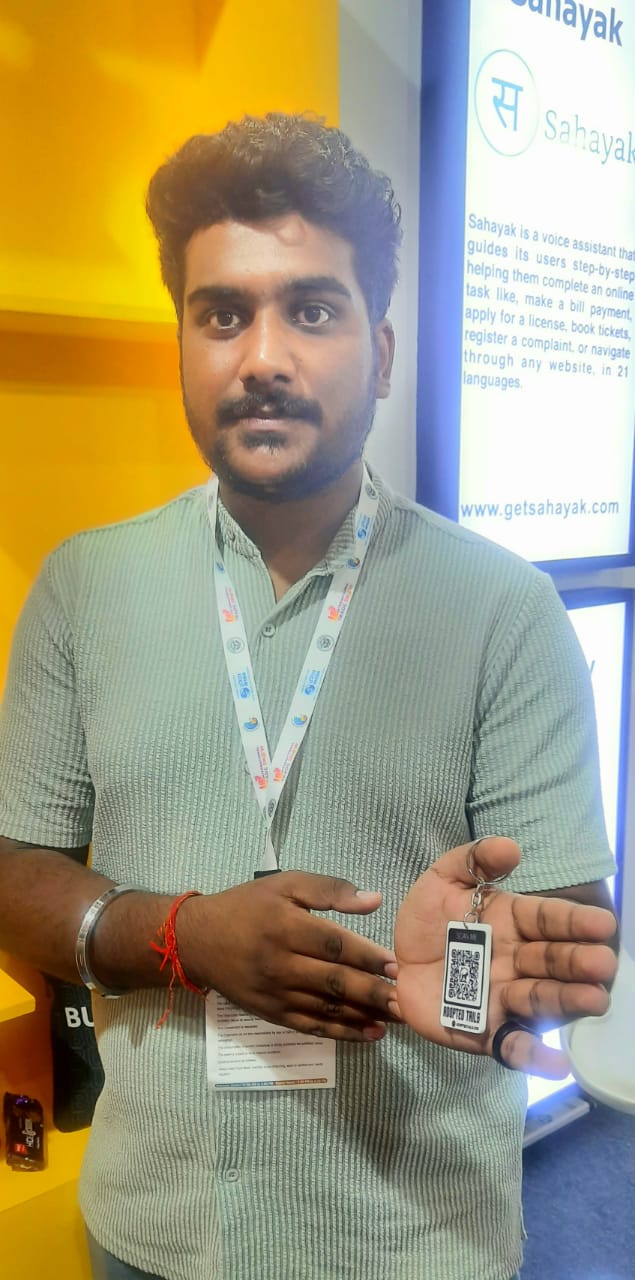Sulochana Cotton Spinning Mills Pvt. Ltd., a trailblazer in mélange yarn production, has redefined the Indian textile industry since its inception in 1990. With over three decades of expertise, the company leads the market in crafting high-quality, customizable yarns that seamlessly blend fashion with sustainability.
Sulochana operates a fully integrated production ecosystem, controlling every stage from fiber processing to yarn, fabric, and garment manufacturing. This end-to-end oversight ensures unmatched quality control and significantly reduces lead times. Its diverse portfolio includes recycled polyester, organic cotton, and recycled cotton—each a testament to its deep-rooted commitment to eco-friendly innovation.
Sustainability drives Sulochana’s operations. The company employs cutting-edge techniques like dope dyeing, a revolutionary process that eliminates water usage, conserving nearly nine million liters daily. It also transforms post-industrial cotton waste into new fibers and repurposes used PET bottles into yarn and fabrics, preventing millions of plastic bottles from clogging landfills each day.
Beyond manufacturing, Sulochana champions social responsibility. It prioritizes employee welfare, supports quality education for children, and empowers women through various initiatives. Investing in renewable energy further solidifies its commitment to reducing its carbon footprint, reinforcing a holistic approach to sustainability.
With its fusion of innovation, environmental stewardship, and social responsibility, Sulochana Cotton Spinning Mills Pvt. Ltd. sets a benchmark in the sustainable textile industry.
At Bharat Tex 2025, The Interview World engaged in an exclusive conversation with Ramakrishnan Sabhari Girish, Head of Sustainability at Sulochana Cotton Spinning Mills Pvt. Ltd. He shared groundbreaking insights on the company’s pioneering efforts to upcycle plastic waste into high-value, sustainable products. He also delved into the pricing dynamics of recycled textiles, highlighted the company’s expanding global exports, and unveiled upcoming innovations poised to reshape the industry.
Here are the key takeaways from this insightful discussion.
Q: Can you share insights into the innovative approaches Sulochana Cotton Spinning Mills is adopting to upcycle plastic waste into high-value, sustainable products?
A: At Sulochana, we control the entire textile value chain—from recycled polyester fibers to spinning, knitting, and garment production. Our commitment to sustainability begins with recycling 7 million PET bottles daily, transforming them into dope-dyed polyester fibers. Unlike traditional dyeing, which is a major polluter, our process eliminates water usage entirely. By producing 130 tons of fiber each day, we conserve approximately 9 million liters of water daily.
Our operations run on 100% renewable energy—94% from wind and 6% from solar. In a testament to our self-reliance, we manufacture our own solar panels, reinforcing our dedication to clean energy.
Six years ago, we pioneered cotton cut-waste recycling, diverting landfill-bound waste to create sustainable fibers. By blending recycled cotton with our recycled polyester, we produce 100% sustainable fabric. We also led the industry by conducting the first-ever life cycle assessment for dope-dyed recycled polyester fiber. The results speak volumes—96% reduction in greenhouse gas emissions, 78% energy savings, and 98% reduction in blue water consumption.
Our sustainability efforts extend beyond textiles. We have already neutralized 94.85% of our carbon emissions and are on track to achieve net-zero status by 2027—an incredible 23 years ahead of the European Union’s target and 43 years ahead of India’s national goal. Recognized by prestigious organizations such as FICCI and CITI, we have received numerous awards for circular innovation, recycling excellence, and carbon neutrality.
Beyond business, we uphold our social responsibility with compassion. Our shelter provides a safe haven for 1,000 stray dogs, while our Goshala cares for 350 abandoned cows and bulls, ensuring they live with dignity.
At Sulochana, sustainability is more than a commitment—it’s our legacy. We work relentlessly to create a greener planet for future generations.
Q: How does the pricing of your recycled products, derived from PET bottles and integrated with natural fibers and yarns, compare to conventional alternatives, and what factors influence its cost-effectiveness?
A: Sustainability often carries a price, but we take a different approach. Our goal is to integrate sustainable practices without burdening our customers with extra costs. Through strategic planning and innovation, we achieve cost neutrality, ensuring that sustainability remains both viable and affordable.
The key lies in economies of scale. By operating at high volumes, we maximize efficiency and reduce production costs. This allows us to offer sustainable fibers at the same price as conventional natural fibers. As a result, our customers can choose eco-friendly alternatives without financial trade-offs, making sustainability an easy and cost-effective choice for all.
Q: Do you primarily focus on the domestic market, or are you also exporting textile products?
A: We export our products worldwide, reaching diverse markets across continents. Our fiber shipments primarily go to South America, while Sri Lanka and Bangladesh serve as key destinations for our yarn exports, with Bangladesh leading the demand.
In addition, we supply fabrics to the United States, ensuring high-quality materials for various industries. Further down the supply chain, we deliver finished garments to customers across Europe and the U.S., catering to global fashion and textile markets. Through strategic exports, we strengthen our international presence and meet the evolving needs of our clients worldwide.
Q: Can you share some of the key innovations you are currently working on? Additionally, what are your long-term goals for the next 5-10 years in terms of innovation and growth?
A: Textile-to-textile recycling presents one of the biggest challenges in the industry today. To overcome this, we collaborate with leading innovators and forward-thinking partners to develop advanced recycling solutions. Our goal is to transform discarded textiles back into polyester using cutting-edge chemical processes.
This initiative remains our top priority. We are actively exploring breakthrough technologies and accelerating efforts in this space. By 2027, we aim to establish a fully functional, scalable system for textile-to-textile recycling, paving the way for a more sustainable and circular textile industry.


